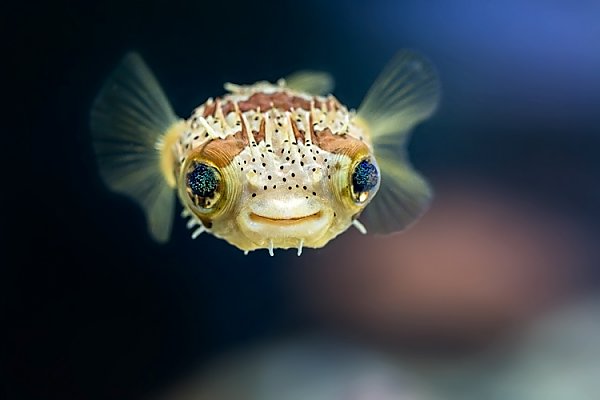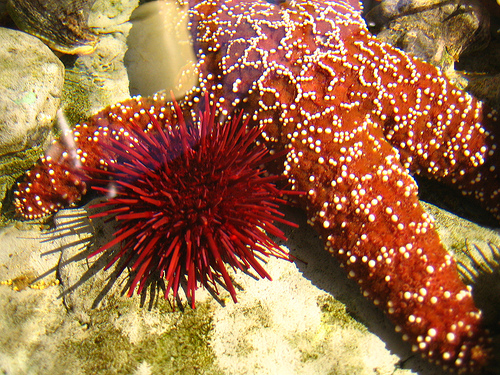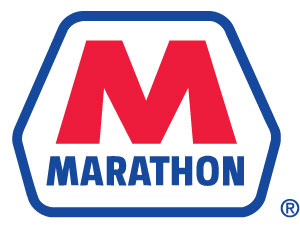Auditorium Programs
Aquarium on Wheels auditorium programs can serve up to 100 students per program in an assembly style format. All programs include tidepool animal exploration after the program.
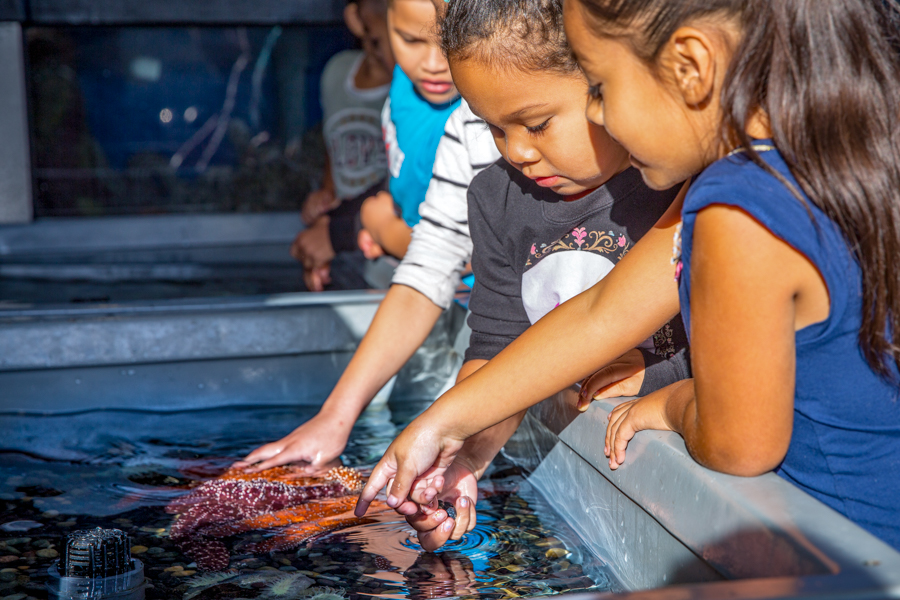
| Program Information | |
|---|---|
| Availability | Tuesday, Thursday, Friday, Saturday |
| Cost | $1,500 which includes 2 auditorium programs and animal touch time. Maximum of 2 programs per day. |
| Length | 30-50 minute program length depending on the program selected, plus animal touch time for participants. |
| Capacity | 100 participants maximum per program, 200 total per daily visit. |
| Accessibility | Aquarium on Wheels vehicle is wheelchair accessible. |
| Supplementary Materials | These worksheets and activities are designed to prepare your students for their Aquarium on Wheels visit or reinforce what they have learned. |
Auditorium Program Descriptions
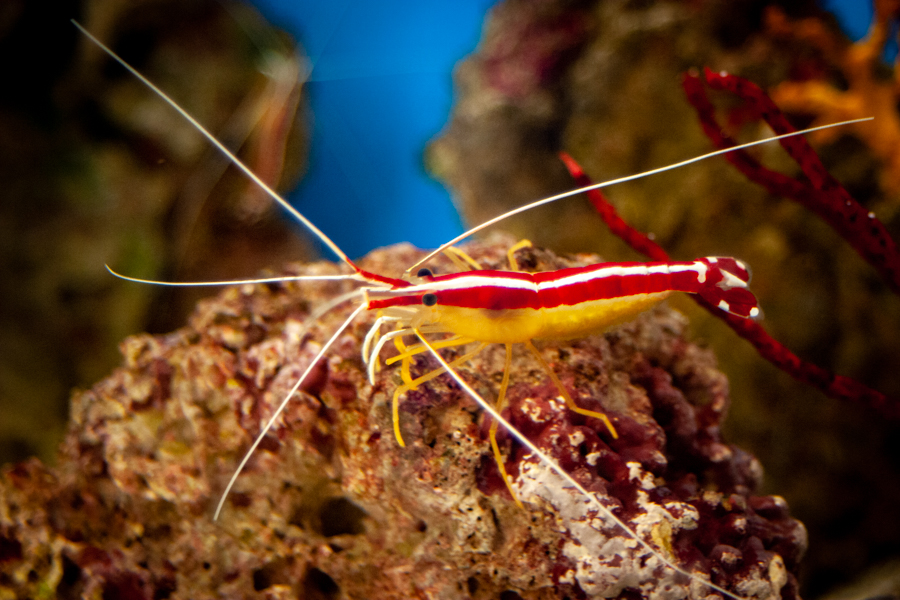
Pacific Journeys
Grades K-8 | 20-100 students | 45-50 minute assembly program
Travel the Pacific Ocean with an Aquarium educator to earn your passport to the Pacific! Aquarium on Wheels invites your students to participate in an interactive presentation to learn about ocean inhabitants and their unique adaptations for survival in a watery world. Each program will be followed by a hands-on opportunity to touch local marine life.
Supports Next Generation Science Standards:
- Performance Expectations
- K-LS1-1. Use observations to describe patterns of what plants and animals (including humans) need to survive
- 2-LS4-1. Make observations of plants and animals to compare the diversity of life in different habitats
- 3-LS4-3. Construct an argument with evidence that in a particular habitat some organisms can survive well, some survive less well, and some cannot survive at all
- 4-LS1-1. Construct an argument that plants and animals have internal and external structures that function to support survival, growth, behavior, and reproduction.
- MS-LS2-2. Construct an explanation that predicts patterns of interactions among organisms across multiple ecosystems.
- Science and Engineering Practices
- Asking Questions and Defining Problems
- Engaging in Argument from Evidence
- Cross Cutting Concepts
- Patterns
- Performance Expectations
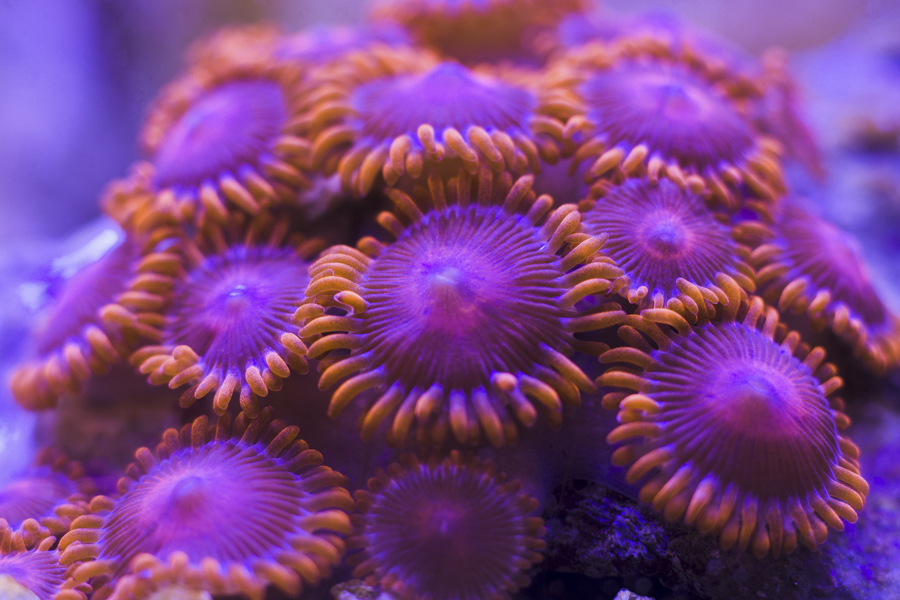
Credit: iStock.com / Beto_Junior
Under the Sea Shapes
Pre-K-K | 20-100 students | 30 minute assembly
The ocean is full of incredible animals with different shapes and colors! In this interactive, educator and video led program, children will discover shapes hiding in ocean creatures like the triangle fins of a shark, oval body of a sea cucumber, and diamond shaped blade of kelp. Join us to explore a variety of adaptations, practice identifying letters and colors, and practice counting up to 10! Each program with be followed by a hands-on opportunity to touch local marine life.
Supports Next Generation Science Standards:
- K-LS1-1 SEP: Use observation to describe patterns in the natural world to answer a science question.
- CCC: Patterns in the natural world and human designed world can be observed and used as evidence.
- K-ESS3-1 SEP: Use a model to represent the relationship between the needs of different plants and animals and the places that they live. Using a model to represent relationships in the world. Systems in the natural world have parts that work together.
- K-ESS3-3 SEP: Obtaining, evaluating, and communicating information, building on prior experience and use observations and text to communicate new information.
